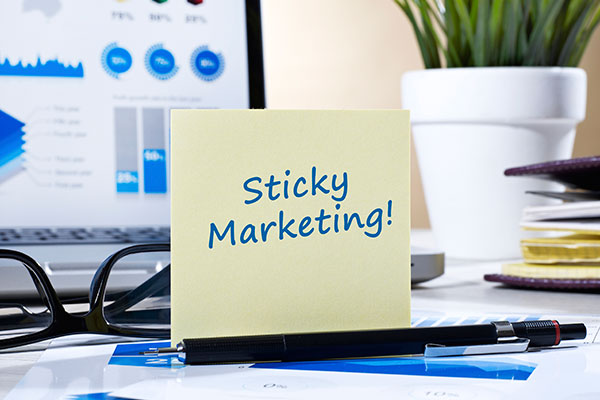
I recently noticed a statement about Web presence and visibility for public libraries being “potentially the most important development in the library industry since the transition from the card catalog to the Integrated Library System.” It might seem counterintuitive, but the imperative to make content discoverable via Web search engines isn’t limited to public libraries.
While many special libraries want and need to keep their data to themselves, an increasing number are beginning to realize that where appropriate they should share as much information as they can, to increase organizational visibility - and to demonstrate the library’s value.
End users’ default tendency to “just Google it” is certainly a perceived threat to the supremacy of librarians as the enablers of search and retrieval …and it’s an actual threat, too, unless library leaders turn things around by leveraging Google to expand access to their content and to enable discovery of their information and services. With over 3 billion Google searches performed per day, it’s a great delivery channel for library content, and if wisely leveraged, could provide a competitive advantage for special libraries.
Thinking of Google and its impact on librarians, a quote comes to mind; it’s variously attributed to Petrarch, Machiavelli, or Sun Tzu, but Michael Corleone definitely said it in Godfather 2: “… keep your friends close, but your enemies closer." OK, it often appears that Google is the enemy. And one of the main tenets of sticky marketing is to meet your users where they are. Well, if they’re on Google, select an ILS that allows you to easily expose your content via Google (and other search engines) and meet them there, with quality content they can trust.
Even if you work for a law firm or other organization where it’s imperative to keep some/most content highly controlled, there may be other information that is advantageous to make publicly visible – for business development purposes, say. For example, many law firms send out e-newsletters to clients and prospective clients, with summaries of important legal developments and case law. Why not make these searchable on the Web and expand your audience? Practice or subject matter experts can create special collections of shareable content to enhance corporate reputation, or even provide references/indexes to content that is only shareable upon request. Your ILS should help you raise your hand on the Web and say “look at me!”
Any organization that needs to build business, grow funding or expand its educational influence, for example, can benefit from establishing a Web presence for its unique and valuable content. And who better to manage that program than a special librarian who has a powerful, innovative ILS – and isn’t afraid to use it!
Sarah L. Nichols, Sotto Voce Communications
About Sarah Nichols
Sarah L. Nichols is an experienced knowledge manager with expertise developed in a variety of professional services and nonprofit organizations. She is skilled in research, enterprise social networking applications, marketing of library and knowledge management services, contract negotiation and vendor relationship management. Now, as a writer, editor and principal of her own consulting practice, Sotto Voce Communications, Sarah writes about issues facing librarians, knowledge managers and other information professionals.

